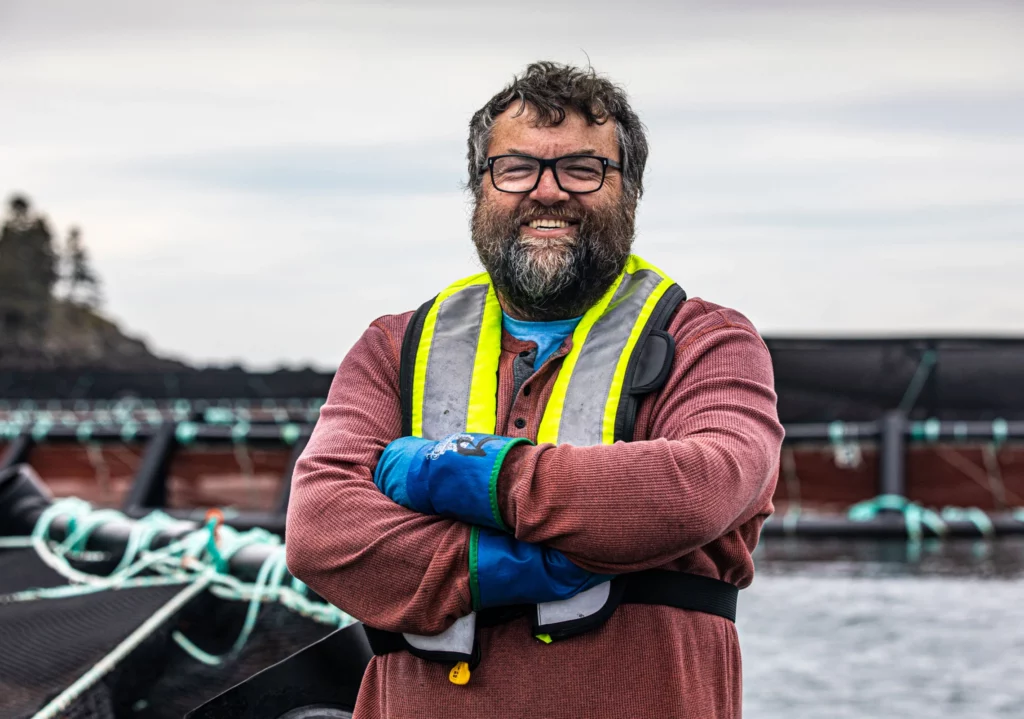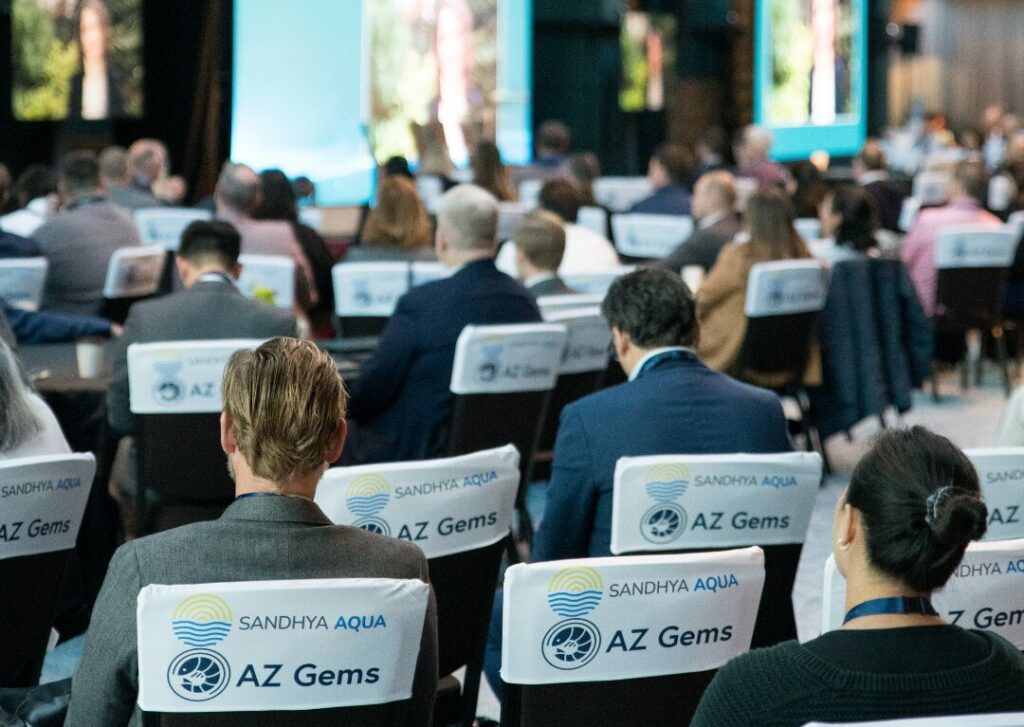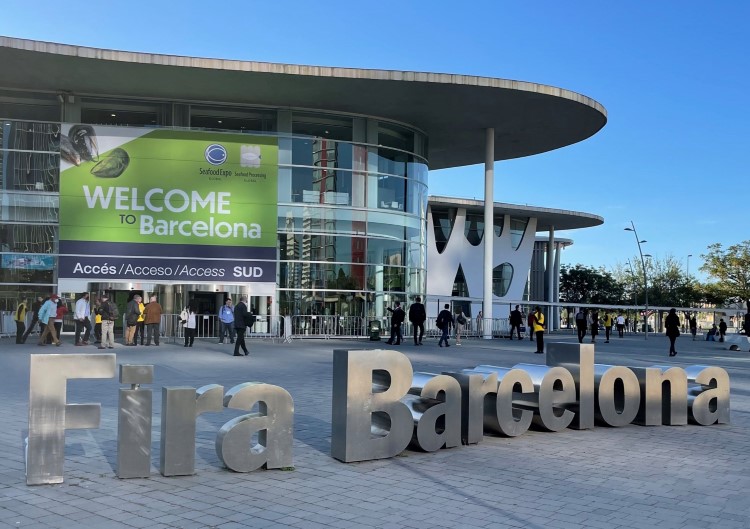Seafood Processing Plant Standards Benchmarked Against Latest Version of GFSI
The Global Aquaculture Alliance (GAA) seafood processing plant standards have been successfully benchmarked against the latest version of the Global Food Safety Initiative (GFSI) food-safety requirements, GFSI announced on Nov. 6.
The seafood processing plant standards now align with Version 7.1 of the GFSI Benchmarking Requirements. GFSI is continually evolving its benchmarking requirements to reflect the latest best practices and stakeholder input. GFSI published Version 7.1 last year.
The standards were originally benchmarked against GFSI Benchmarking Requirements in June 2010. They were first benchmarked against the fifth edition of the GFSI Benchmarking Requirements in 2011 and again against the sixth edition in 2013.
“GAA is delighted to have renewed the GFSI benchmark for its BAP seafood processing standards,” said BAP Standards Coordinator Dan Lee. “GFSI is a highly-valued, independent quality indicator, which the seafood processing standards first attained in 2011. Since then, the standards have progressively evolved to satisfy enhanced food-safety demands, and in its latest iteration its scope has been extended to include both farmed and wild seafood. The GFSI process is demanding and really goes into detail on how a certification program operates. It is even more rigorous now because it includes an in-depth office audit. Additionally, now that the scope of the seafood processing standards include wild seafood, it has it has also become a key component of the newly formed Best Seafood Practices (BSP).”
Administered by GAA, BAP is the world’s most comprehensive third-party aquaculture certification program, with standards encompassing environmental responsibility, social responsibility, food safety, animal health and welfare, and traceability. The BAP program covers the entire aquaculture production chain – processing plants, hatcheries, farms and feed mills. Additionally, the program is compliant with the Global Food Safety Initiative (GFSI), Global Social Compliance Programme (GSCP) and Global Sustainable Seafood Initiative (GSSI).
The number of BAP-certified processing plants, farms, hatcheries and feed mills currently totals more than 2,100 worldwide.
About BAP
A division of the Global Aquaculture Alliance, BAP is an international certification program based on achievable, science-based and continuously-improved standards. BAP standards cover the entire aquaculture supply chain and assure healthful foods produced through environmentally and socially responsible means. BAP certification is based on independent audits that evaluate compliance with the BAP standards developed by the Global Aquaculture Alliance.
About GFSI:
The Global Food Safety Initiative (GFSI) brings together key actors of the food industry to collaboratively drive continuous improvement in food safety management systems around the world. With a vision of Safe food for consumers everywhere, food industry leaders created GFSI in 2000 to find collaborative solutions to collective concerns, notably to reduce food safety risks, audit duplication and costs while building trust throughout the supply chain. The GFSI community works on a volunteer basis and is composed of the world’s leading food safety experts from retail, manufacturing and food service companies, as well as international organisations, governments, academia and service providers to the global food industry. GFSI is powered by The Consumer Goods Forum (CGF), a global industry network working to support Better Lives Through Better Business.




